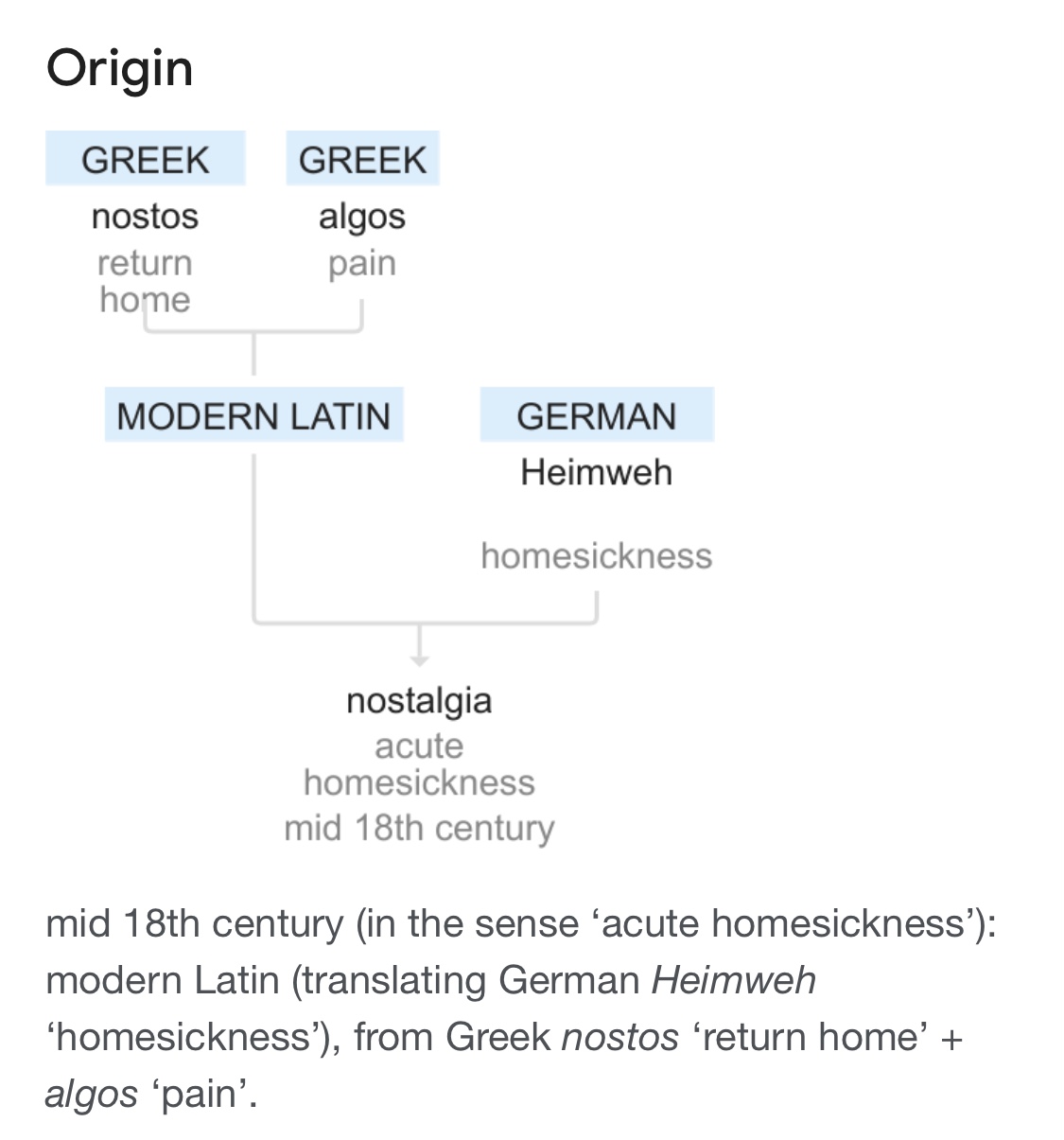Used to great effect in this scene of Mad Men
this post was submitted on 05 Aug 2023
26 points (96.4% liked)
Etymology
2 readers
2 users here now
For lovers of the origins of words and phrases, with a side of history if the occasion fits.
All contributions welcome! :)
Community Rules:
- Be civil and respectful.
- Include the word or phrase in the title when posting for easier visibility and discoverability.
- We don't expect everyone to be experts but do your homework! No misleading content. Credibility is important.
- Source any quotes or material used.
- Question posts are allowed, so long as an attempt at basic research was made. We want to be respectful of others' time.
- Keep our community clean. Nothing obscene or sexually explicit.
- Memes, spam, or otherwise irrelevant posts will be removed.
- Low-effort posts, while subjective, are generally discouraged as part of community etiquette.
Happy (word origin) Hunting! 📖🤗
founded 1 year ago
MODERATORS
Love Mad Men. Now that was a beautiful pitch. Jon Hamm killed it!
How does the German heimweh come into the word? That seems unrelated.
